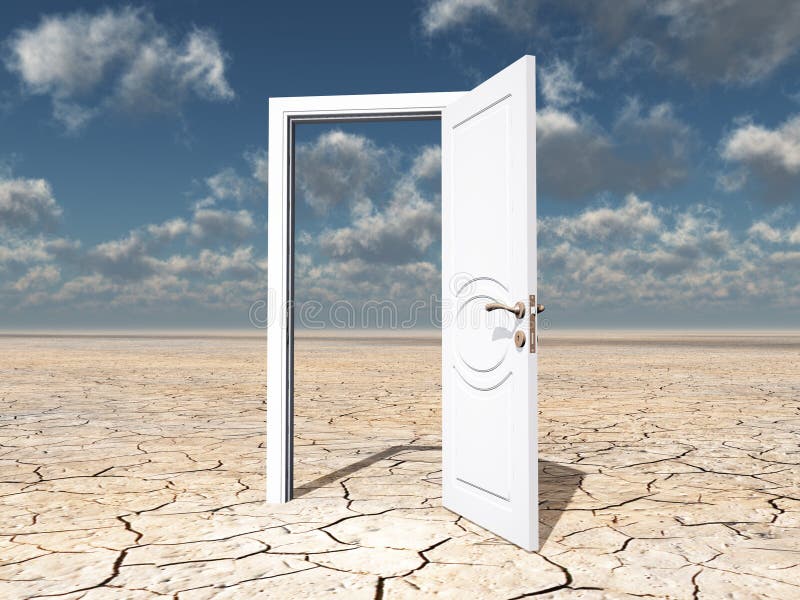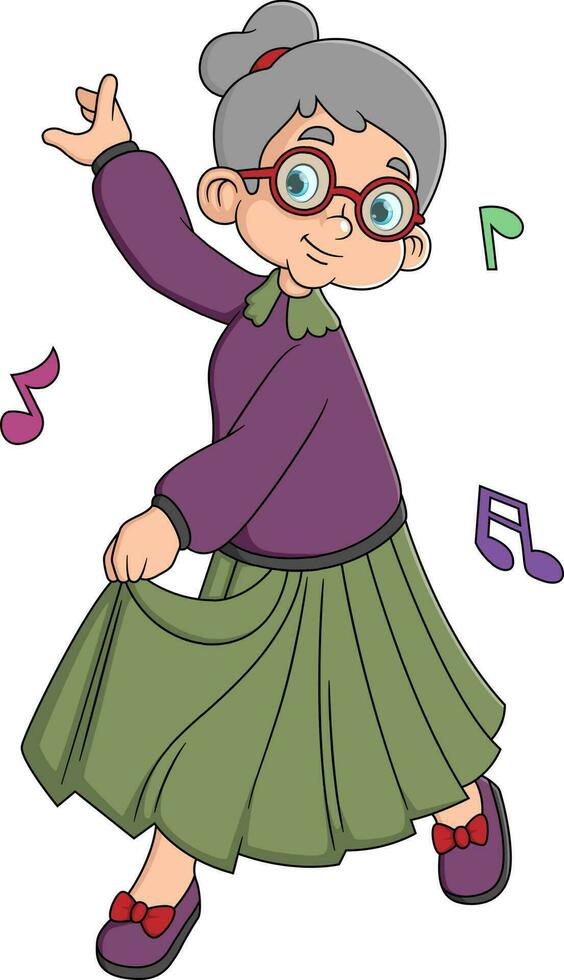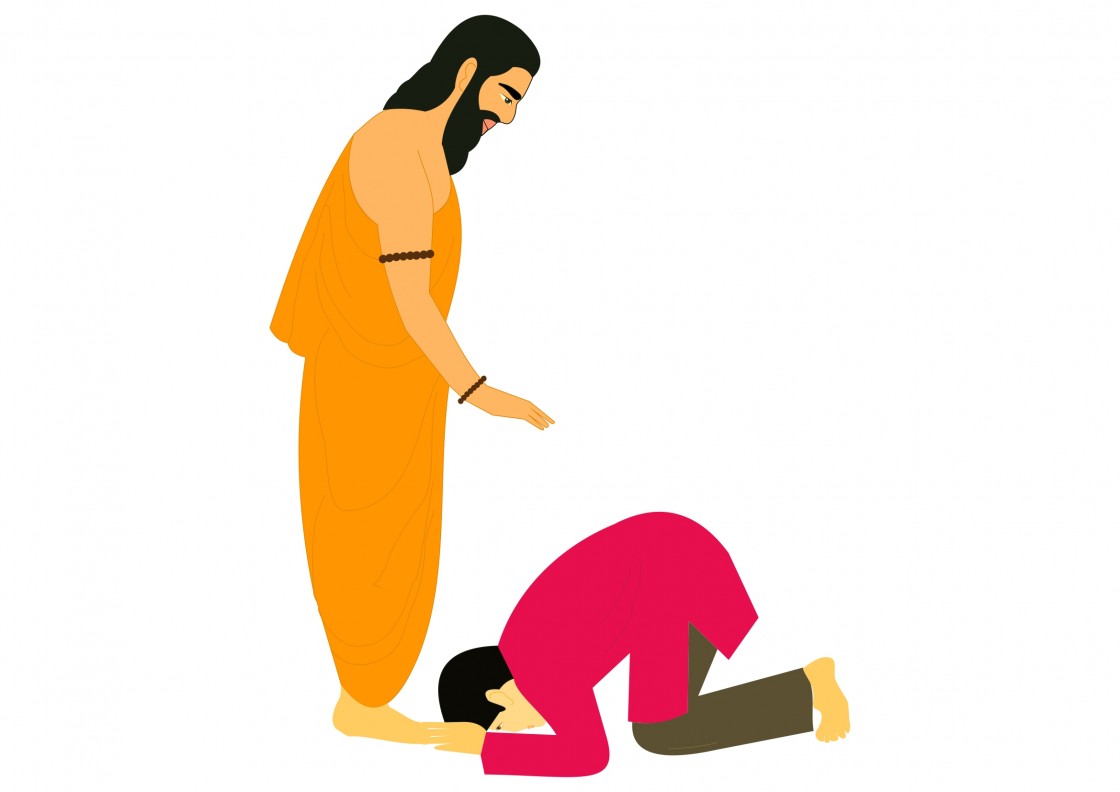There I was
again staring at a blank word document. A few months back I had my book
published. It took me more than two years, a humongous amount of angst and
doubt interspaced with self-introspection, misgiving and distrust and the final
moment of uncertainty. I refused to touch the pen (metaphorically speaking!)
for the next couple of months. I felt my vocabulary had withered and died or
had got lost somewhere along the way.
The doctor in
the family decided that she had to push me off the diving board otherwise I
would forget how to swim. So I was tempted with some crazy platform where I had
to draft a poem every day for twenty-one days. Other than the haikus that I
write for my Instagram posts I haven’t authored a serious poem in the last
twenty years so it was a challenge.
Starting
something creative is thrilling, a spark of inspiration, a blank page, an idea
that feels alive in your mind. But finishing it? That’s where the real art
begins.
I went,
switched on my computer, opened a word document, and looked at it blankly.
Nothing came to my mind! I opened a folder of my old poems and went through
them, searching for inspiration, nothing happened (they were so different that
I wasn’t able to believe that I had written them!) I then just jabbered on the
keyboard and the Eureka moment came upon me!
The next
twenty-one days were a rollercoaster ride. There were the highs and lows of
creativity. The words flowed in incessant chatter, their noise clamoring for
space in my restless mind. “It was more of a fight between the mind and soul
though body put its tentative touch hither and thither! The mind, arrogant and
impetuous refused to bow before the sanity and calmness of the soul, hence the continual
battles in this whole collection.
At its core, creativity is the ability to connect seemingly unrelated ideas and form something new. It’s not about “being original” all the time, but about remixing, rethinking, and reimagining what already exists. Think of creativity as a muscle, the more you use it, the stronger it gets.
Every creator
faces moments of frustration, the dreaded “blank page” or “empty mind.” The key
isn’t to wait for inspiration, but to start anyway.
Am I a
creator? I think each one of us is. Creation is not limited to writing,
painting, stitching, or sculpturing. I believe each of us at every moment of
our lives are creating something. Whether this is meant for us personally or to
be shared amongst friends or with the whole world is your personal choice.
It could be
as mundane as planning how to spring clean or could be a deep creative urge to make
a vase, it could be the simple task like arranging flowers or making a decision
of what to wear. Each of us have our own unique way of exhibiting our artistry.
It is when and how we indulge in it that is important.
We often
celebrate beginnings, the fresh energy of a new project. Yet, completion
demands something quieter but equally powerful: discipline, patience, and the
courage to decide it’s done.
Creativity
isn’t a straight line. It’s a loop of doubt and discovery. Halfway through, we
second-guess everything, the colours feel off, the story drags, the song
doesn’t sound how it did in our heads. That’s normal. Every artist hits that
wall where excitement fades and persistence takes over.
To complete
something creative is to practice trust, trust in your vision, in the process,
and in your ability to bring something imperfect but real into the world.
Perfection is the enemy of completion. Art lives when it’s shared, not when
it’s endlessly tweaked.
Creativity is
not a rare talent; it’s a human instinct. Whether you’re designing, cooking,
writing, or simply finding new ways to solve old problems, you are creating.
The world doesn’t need more perfection; it needs more imagination.
So finish it.
Write the last line. Add the final brushstroke. Export the track. The act of
completion is itself a creative victory, a declaration that you’ve made
something new exist.
It is no
longer avant-garde to float around on unfinished stories leaving enticing tendrils
of knowledge for the reader to act on, now is the time to be decisive and firm.
“I am a
creator, look at me, learn from me, and appreciate the beauty of my creation!
Because the
world doesn’t need more ideas trapped in notebooks; it needs creators who
finish.
Because the
world doesn’t need more unfinished dreams, it needs creators who dare to complete.

















